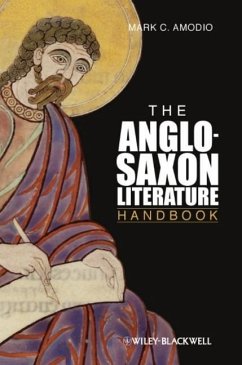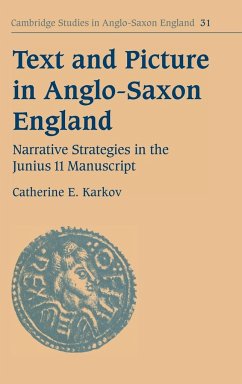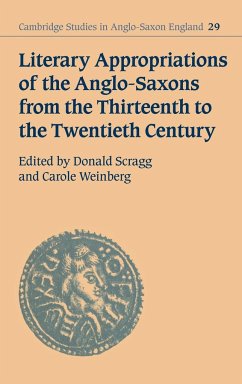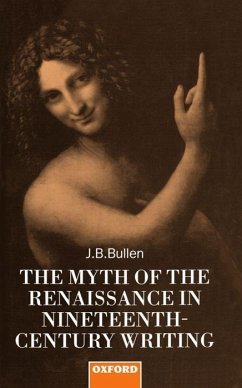Nicht lieferbar
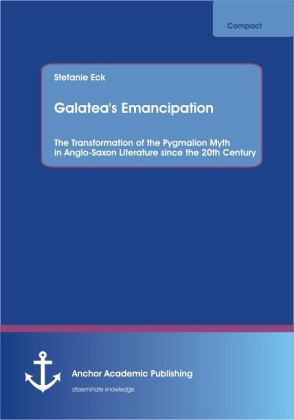
Galatea's Emancipation: The Transformation of the Pygmalion Myth in Anglo-Saxon Literature since the 20th Century
Versandkostenfrei!
Nicht lieferbar
The Pygmalion myth, most famously told by Ovid in his Metamorphoses, has always fascinated artists. This fascination, due to the erotic potential of the story, resulted in an abundance of patriarchal re-narrations from the Middle Ages to the late 19th century. With the turn of the 20th century, however, the Pygmalion stories gradually changed under the influence of feminist thought and emancipation. The woman created by Pygmalion no longer remained a passive creature but began to resist her master and his male fantasies, sometimes in a subtle way, sometimes in open rebellion. The study at hand...
The Pygmalion myth, most famously told by Ovid in his Metamorphoses, has always fascinated artists. This fascination, due to the erotic potential of the story, resulted in an abundance of patriarchal re-narrations from the Middle Ages to the late 19th century. With the turn of the 20th century, however, the Pygmalion stories gradually changed under the influence of feminist thought and emancipation. The woman created by Pygmalion no longer remained a passive creature but began to resist her master and his male fantasies, sometimes in a subtle way, sometimes in open rebellion. The study at hand focuses on the development of the tale in the Anglo-Saxon literature of the 20th and 21st centuries. The author will analyze some of these modern Pygmalion versions, written by George Bernard Shaw, Carol Ann Duffy and Neil LaBute amongst other significant author







